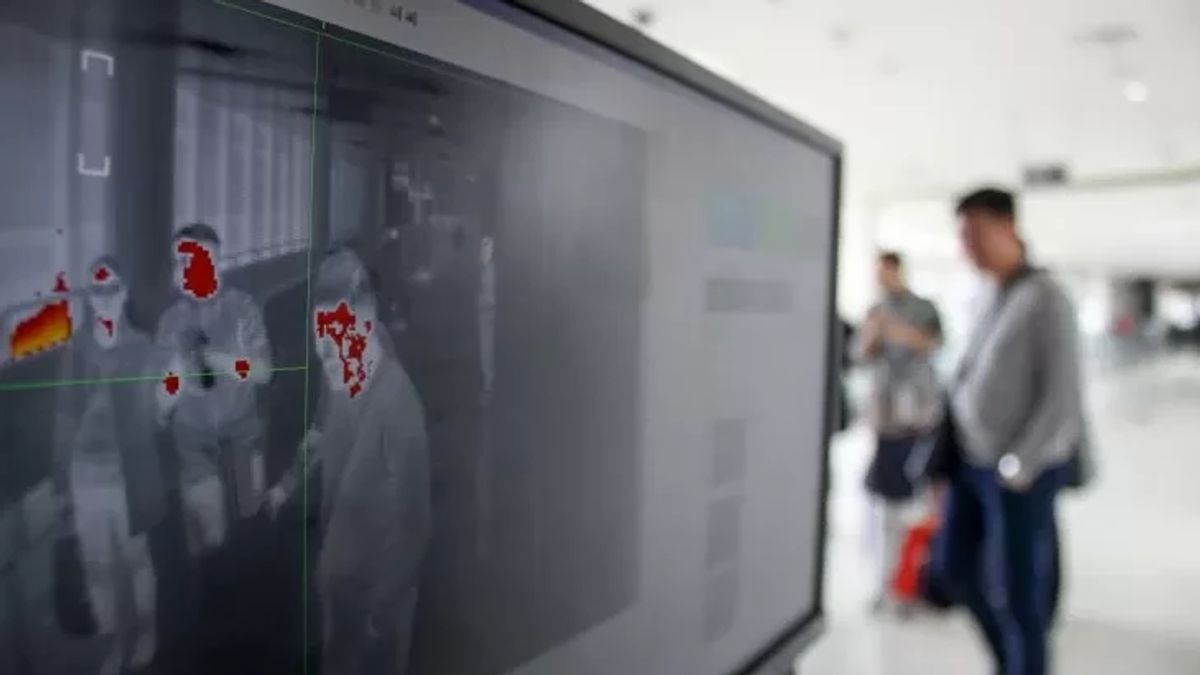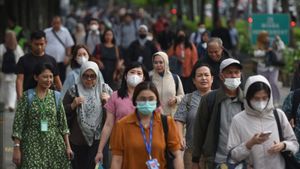JAKARTA - Head of the DKI Jakarta Health Office, Widyastuti, explained a number of efforts to prevent the transmission of monkey pox, which is now the first case to be found in Jakarta.
Widyastuti explained, basically the community simply applies a clean and healthy lifestyle to avoid diseases that are usually transmitted through direct contact.
"The public is advised not to panic, but to remain vigilant. Efforts to prevent transmission of monkeypox can be done by implementing clean and healthy living behavior (PHBS)," said Widyastuti in a written statement quoted on Tuesday, August 23.
There are four clean and healthy living behaviors as recommended by experts, namely frequently washing hands with running water and soap, then not using towels or personal utensils together.
Furthermore, avoid having contact with anyone who has symptoms, including abstaining from sexual intercourse with multiple partners. And, for sufferers, it is necessary to self-isolate properly to avoid transmission to others.
In addition, the public needs to know that the symptoms of monkeypox generally begin with fever, headache and swollen lymph nodes found in the neck, armpit or groin (groin). In addition, these common symptoms can be accompanied by complaints of muscle aches, backaches, and prolonged fatigue.
"After 1-3 days since the fever, symptoms will be followed by the appearance of rashes on the skin in several parts of the body, in the form of red spots like smallpox, small blisters filled with clear fluid or filled with pus which then become scabs and fall off. Number of lesions or sores or bubbles contains liquid on the skin, there can be a little or a few scattered fruits," explained Widyastuti.
Besides being able to be transmitted through direct contact from sick animals to humans, monkeypox can also be transmitted between humans and through objects contaminated with viruses. However, transmission of monkeypox between humans is not easy.
Transmission from human to human can be through close contact with droplets, body fluids or direct skin-to-skin contact with rashes, including through sexual contact.
"Transmission can also occur through indirect contact with contaminated objects, such as clothes, bedding, towels or eating utensils/plates that have not been washed," he said.
The English, Chinese, Japanese, Arabic, and French versions are automatically generated by the AI. So there may still be inaccuracies in translating, please always see Indonesian as our main language. (system supported by DigitalSiber.id)













